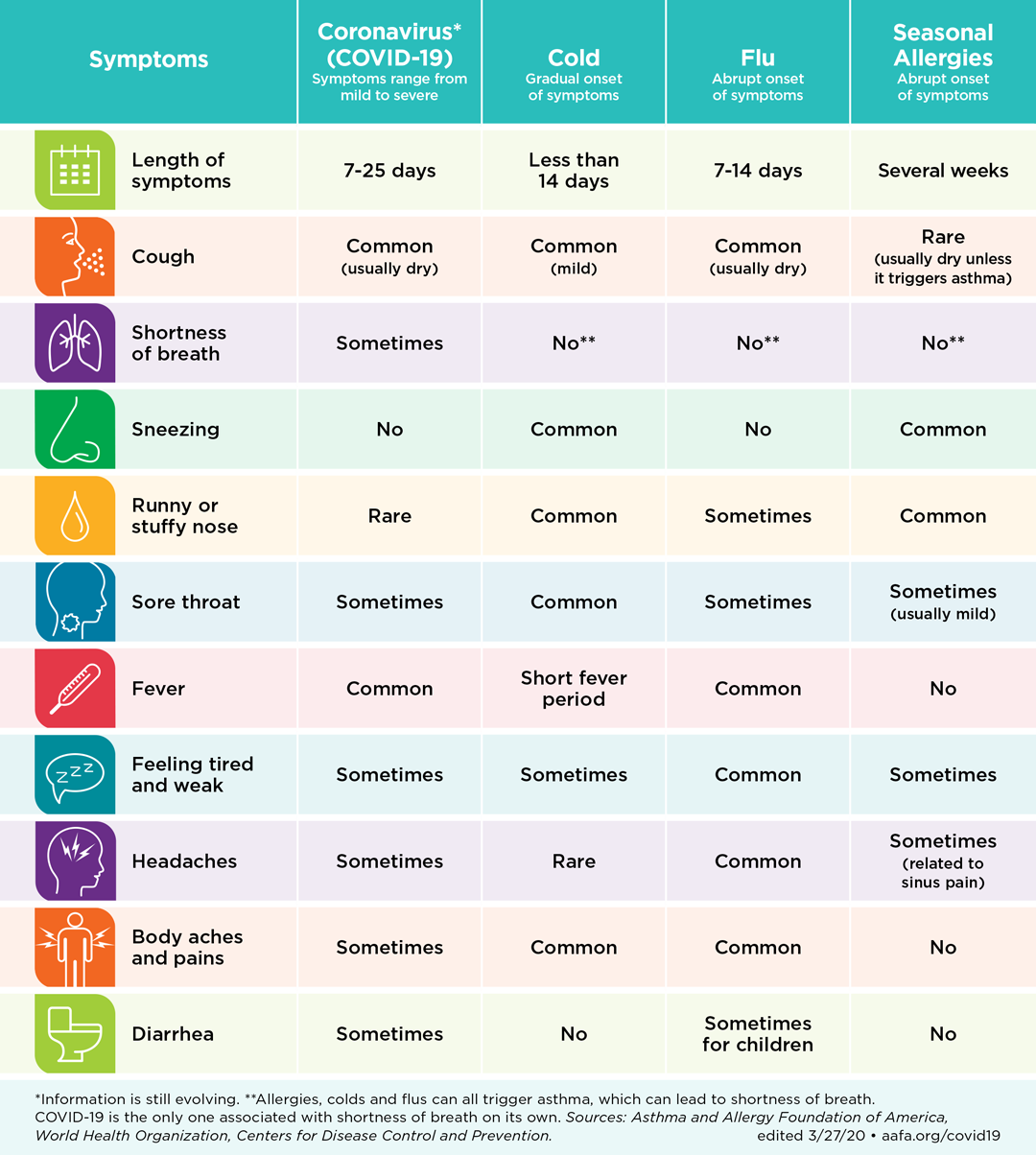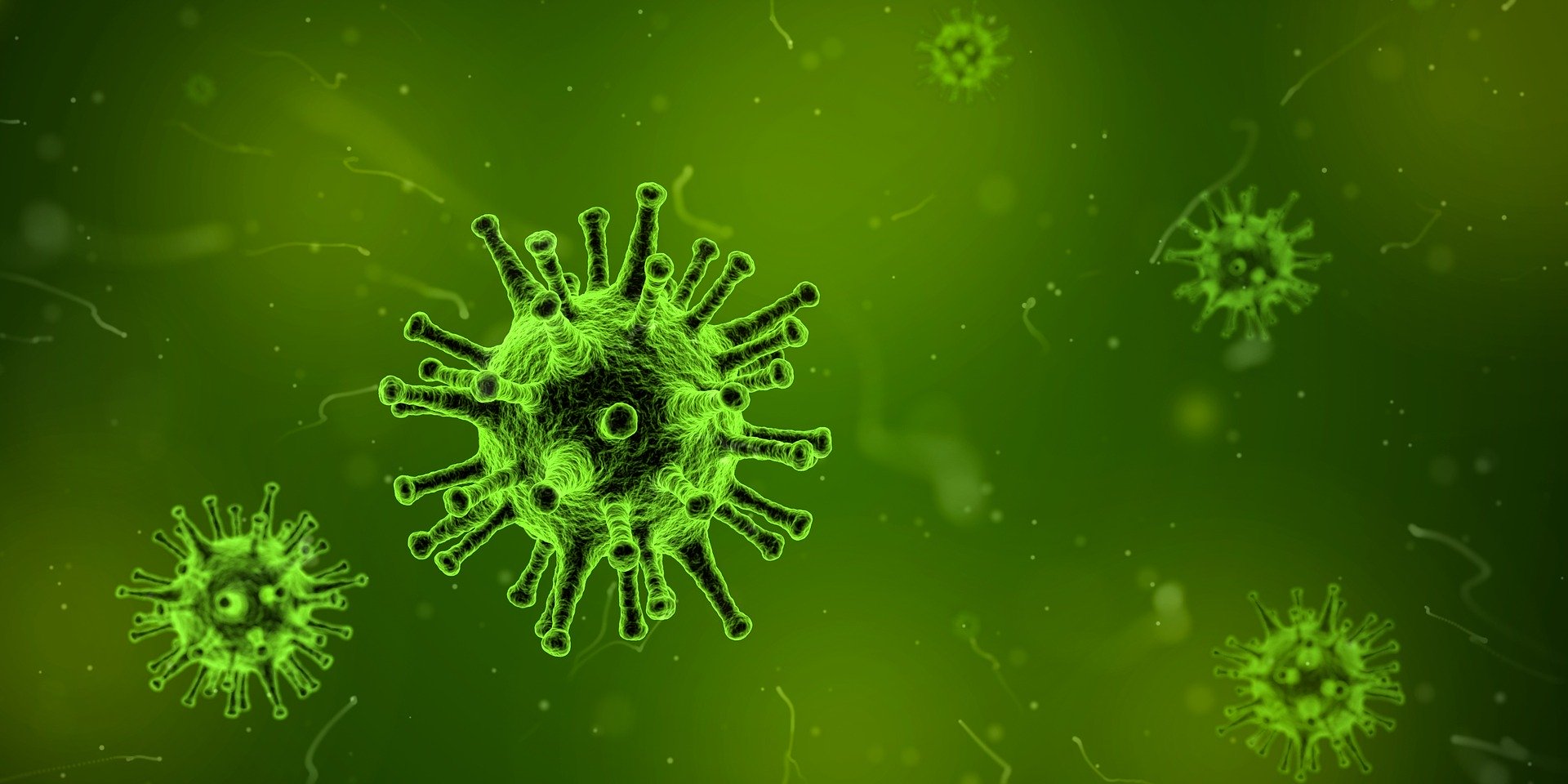You are having a consistent dry cough for a few days. You are getting worried whether or not you are catching COVID-19.
For many people, an increased level of anxiety is related to lack of knowledge regarding COVID-19. It is also affected by misleading information on the internet. Notably, more anxious you feel, weaker your immune defence gets. Here, simple advice on COVID-19 issues may help you be mindful amid this pandemic.
1. If I had tested positive for COVID-19, I will die?
Fact: COVID-19, officially named by WHO, is a new infectious disease caused by Severe Acute Respiratory Syndrome Coronavirus-2 (SARS-CoV-2). Since 29 December 2019, it has killed thousands of people across the globe. European Centre for Disease Prevention and Control (ECDC) says about 66-80% of people have mild symptoms and recover from them without any specific medical assistance. Only about 4-6% required critical care due to severe respiratory problems. Almost of these hospitalised people died of acute respiratory distress syndrome.
Mindful thinking: Catching COVID-19 does not mean that you will die. You should figure out what’s most important to you once testing positive for COVID-19. First of all, you have to stay at home within 14 days to prevent the spread of the virus to other people. Then, you should follow medical advice from your health professional to relieve symptoms of COVID-19. Next, you should set up things necessary to do every day such as reading a book, doing chores, feeding your pet or teaching someone online. Finally, keeping connected with your family and friends. For example, making a video call or sending them a message before going to bed.
2. Some people said a solution or a drug can kill coronaviruses. I am panic stockpiling it.
Fact: Coronaviruses are a large group of viruses. They circulate among animals but some of them may affect humans. To date, three well-known coronaviruses caused severe respiratory diseases in humans. They are the Middle East respiratory syndrome (Mers-Co) causing an outbreak in 2012, severe acute respiratory syndrome (Sars-CoV-1) causing an outbreak in 2002 and this year’s coronavirus (Sars-CoV-2). Unfortunately, there is no vaccination and treatment for them yet.
Mindful Thinking: Some ads try to catch customer’s attention with the terms such as “can kill 99.9% coronaviruses”, but do not mention a specific name with related evidence. Ignore such ads because it is not true. If a drug claimed for COVID-19 treatment, it must be evidenced for its effectiveness of COVID-19 treatment and its safety to humans through clinical trials. Such information must be officially confirmed by the Governments, not by someone or a certain organisation.
3. I am so young. So I am less at risk than others?
Fact: Anyone may be infected by Sars-CoV-2. Once being infected, you may develop symptoms of COVID-19 from 2 to 14 days. Unfortunately, in this incubation period, you may transmit the virus in the community. Based on current data of affected cases, old people at or above 65 years old are more at risk of serve symptoms than younger people. According to the National Health Service’s guideline, those with pre-existing medical conditions, regardless of their ages, are also more at risk. These medical conditions at risk of severe COVID-19 are organ transplantation, cancer, leukaemia, lung illness, weakened immune system caused by taking a drug or a certain underlying disease, heart diseases and being pregnant.
Mindful thinking: Regardless of ages, you have the same chance to catch COVID-19 and develop these symptoms within 14 days. Notably, in this incubation period, you may transmit the virus in the community, particularly older family members. It is unfair for them because they may become very ill and life-threaten. You live in a community and you need to take responsibility for it. So, avoid being exposed to this coronavirus will protect other senior adults and save yourself. “If you want to change the world, go home and love your family”, Mother Teresa said. Staying at home to prevent the spread of the virus is saving the world at this time!

4. I got a consistent dry cough for a few days. Definitely, I caught COVID-19?
Fact:
According to the World Health Organisation (WHO), the most common symptoms are:
- A consistent dry cough
- A high fever
- Tiredness
- Breathing difficulty, particularly in hospitalised cases
For some people, aches and pains, nasal congestion, sore throat and diarrhoea are also reported. People with COVID-19 can show no symptom or experience one or more of these symptoms above from mildness to severeness.

Mindful thinking: Having COVID-19 like symptoms above, your mind may be disturbed by feelings of anticipatory grief. These feelings happen when you do not know what to do. Thus, it is essential for you to know who you are and what to do next. For example, if you are pregnant woman, you should read information on COVID-19 for pregnancy and talk to your antenatal care provider when having these symptoms above. Once you recognise how to deal with your mind rather these symptoms, you are confident to take care yourself.
5. I wear a facemask when going outside and I believe that I am effectively protected from COVID-19. So, I keep meeting my friends at the party?
Fact: Wearing facemask against COVID-19 is still controversial. A study published on the New England Journal of Medicine demonstrated that the diameter of virus particle is too tiny to offer full protection if only using a facemask. Moreover, wearing the mask incorrectly or habit of frequently touching face may make you more susceptible to the virus. “The use of a mask alone is insufficient to provide the adequate level of protection”, WHO says. To optimise the protection, it always needs to combine with hand hygiene and social distance. In particular, the Centre for Disease Prevention and Control (CDC) provides simple tips to protect you and your family, including hand-washing and social-distancing.
Mindful thinking: Wearing a facemask alone don’t provide me full protection against 2019-novel coronavirus. During this time of COVID-19 pandemic, you should avoid unnecessary person-to-person contact. If you have to go out, you should put a distance of 2 meters between yourself and others. Wash your hands often with soap and water for at least 20 seconds especially after you have been in a public place, or after blowing your nose, coughing, or sneezing. These are effective and simple ways to protect you and your family from COVID-19.
6. I found a lot of information on COVID-19 so confusing. I am struggling to figure out which information fits me best.
Fact: A guideline on COVID-19 will depend on where you are because it reflects how dangerous the COVID-19 pandemic is spreading on a country. First of all, you should check and follow the guideline on your local government’s website because it fits you best. Additionally, the guideline may be compromised by the continent leading health organisations such as European Centre for Disease Prevention and Control (ECDC) for the United Kingdom and other European countries, Centre for Disease Prevention and Control (CDC) for The United States and other countries in Americas and World Health Organisation (WHO) for the rest of the world. You can check the guideline from them for additional information. For example, if you are living in one of the European countries, you may find useful Educational videos and Information leaflets about COVID-19 on the EDCD’s website.
Some scientific journals may provide the latest information from studies regarding COVID-19. However, it is not suitable for those who without medical or research background. The findings of the studies are no longer considered as completed advice for treatment or prevention to COVID-19 unless they are confirmed by your local government.
Mindful thinking: The guideline depends on where you are. You should check information from your local government and related leading international organisations because it fits you most.


